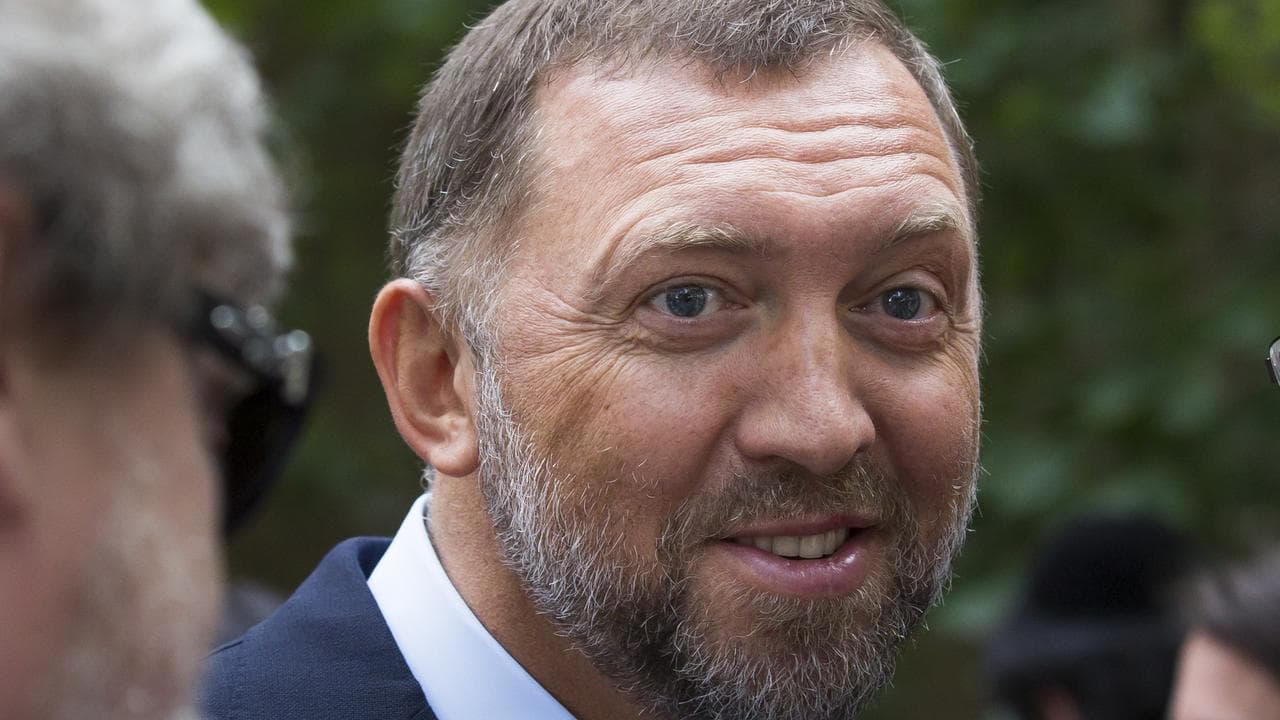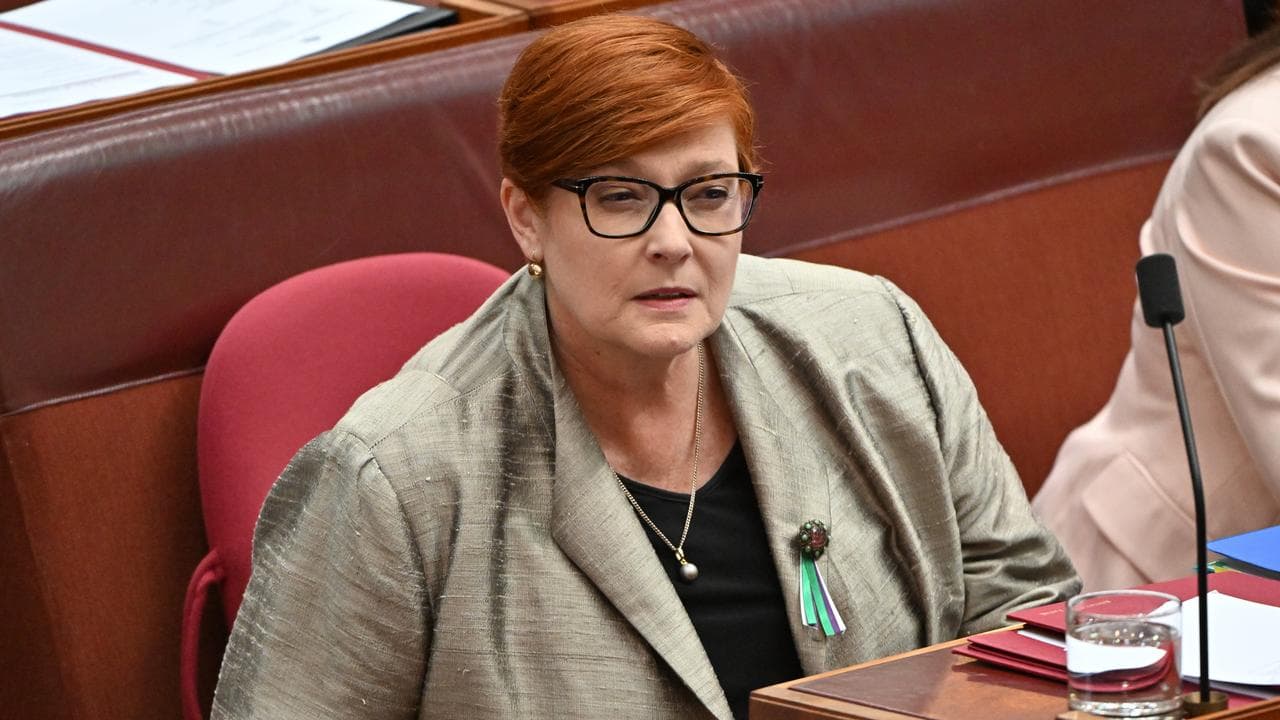
A lawyer has defended the decision by former foreign affairs minister Marise Payne to impose sanctions on a Russian oligarch, over his alleged close ties to Vladimir Putin.
Billionaire Oleg Deripaska was banned from travelling to Australia in March last year following Russia's invasion of Ukraine.
The sanctions also stopped the industrialist from profiting from a shareholding in Rio Tinto-owned Queensland Alumina - which he was later legally frozen out of.
He's asked the Federal Court to review and quash the decision and is being represented by former attorney-general Christian Porter.

Mr Deripaska's case is that Ms Payne had insufficient evidence to make the determination and was swayed by the sanctions of "like-minded" countries and vague, unsourced internet "gossip".
But lawyer Perry Herzfeld, SC, said the Russian was a prominent businessman and the founder of UC Rusal, one of the world's largest aluminium companies.
"Public reports state he has particularly close personal ties to President Putin," he told the Perth courtroom as read through information Ms Payne assessed before imposing the ban.
"This is not some small businessman running a petrol station."
"He is a personal friend of the Russian president."
Mr Herzfeld said Mr Deripaska also held a Russian diplomatic passport and claimed to have represented the Russian government in other countries.
"Features like that are not irrelevant in an oligarchy, like Russia," he said.
He said Rusal owned 20 per cent of Queensland Alumina and he was "a person of very great significance to the Russian government".
"There was ample material for the minister to be rationally satisfied," he said.
Mr Porter on Monday said discretion should have been shown to his client and Ms Payne had failed in her duties because she was not properly advised by the Department of Foreign Affairs and Trade.
He said the Commonwealth had not provided evidence to show Mr Deripaska was undertaking activities that were economically significant and strategic to Russia.
Court documents show Ms Payne took numerous steps before sanctions were imposed on Mr Deripaska.
These included signing DFAT-supplied documents saying she had considered the case against the Russian and was satisfied targeted financial sanctions and a travel ban were supported.
This was based on a "statement of case" that included details about Mr Deripaska's activities and relationship with President Putin.
But Mr Porter said many of the claims were "broad and vague" and not useful for assessing his client's case.
The court reserved its decision.
Deripaska




